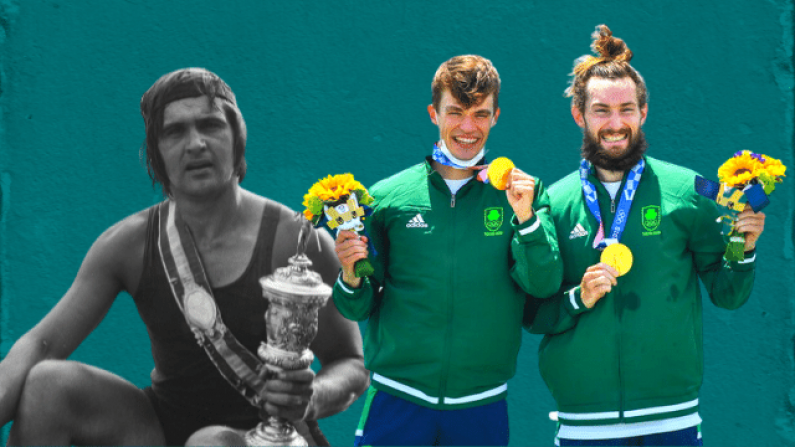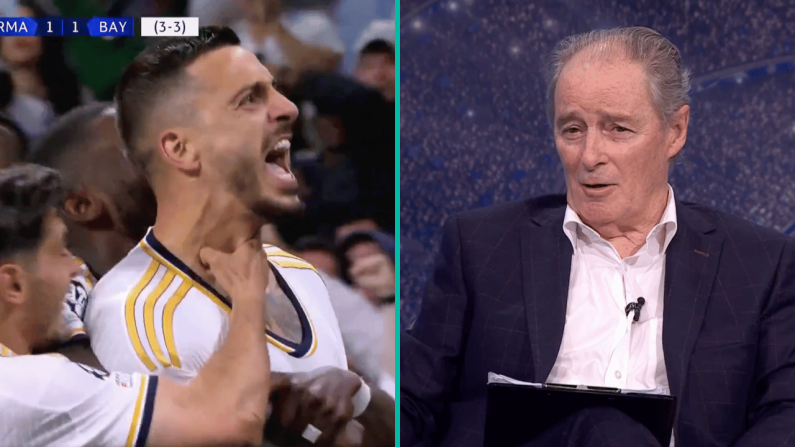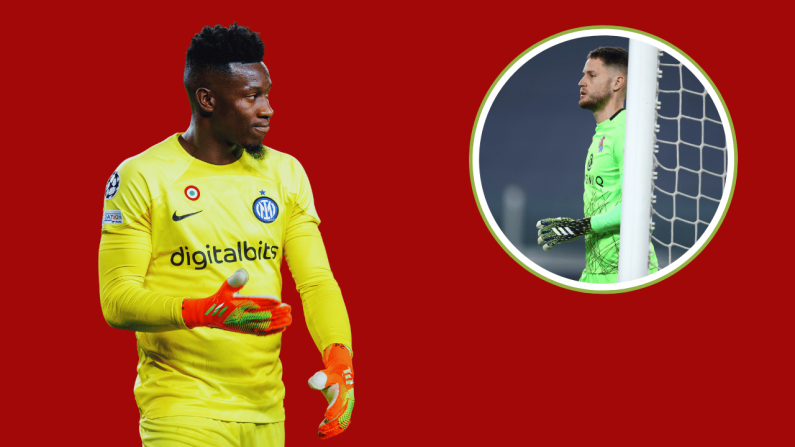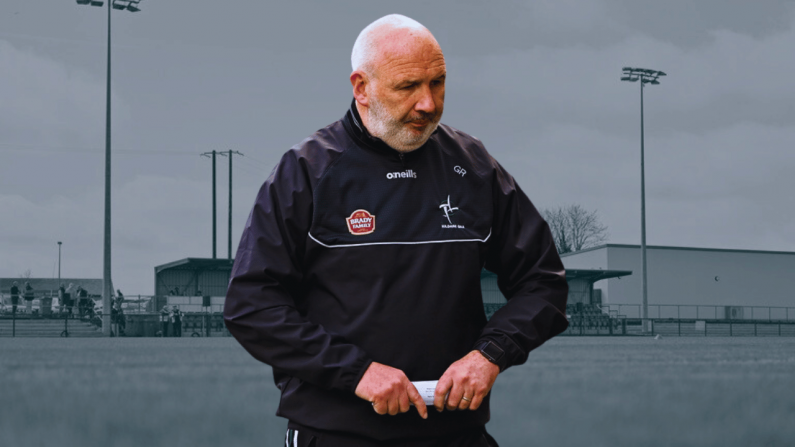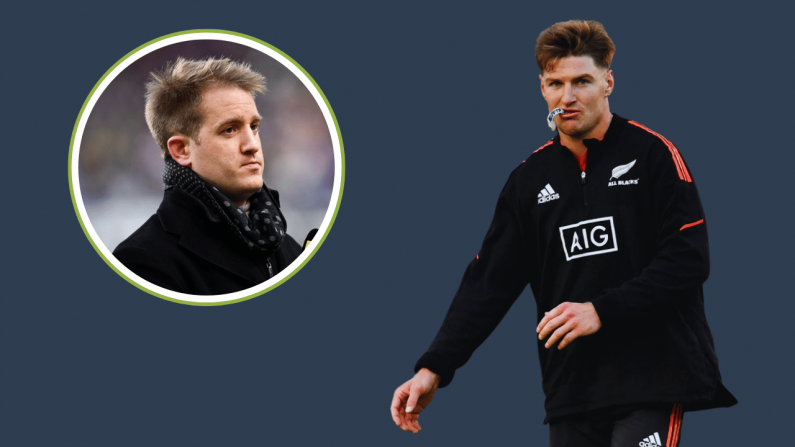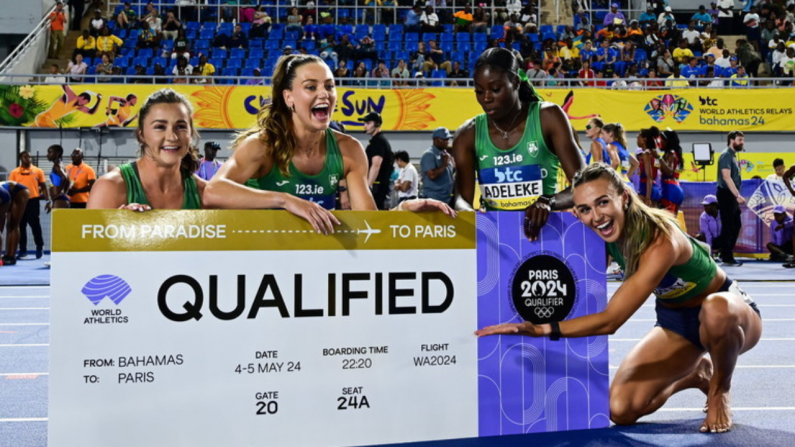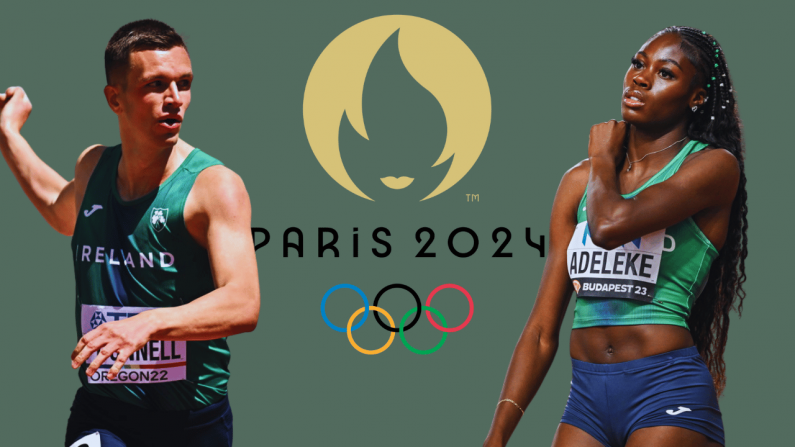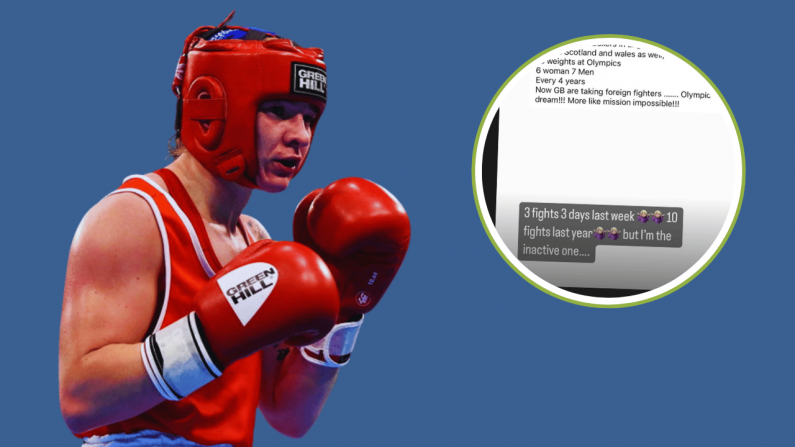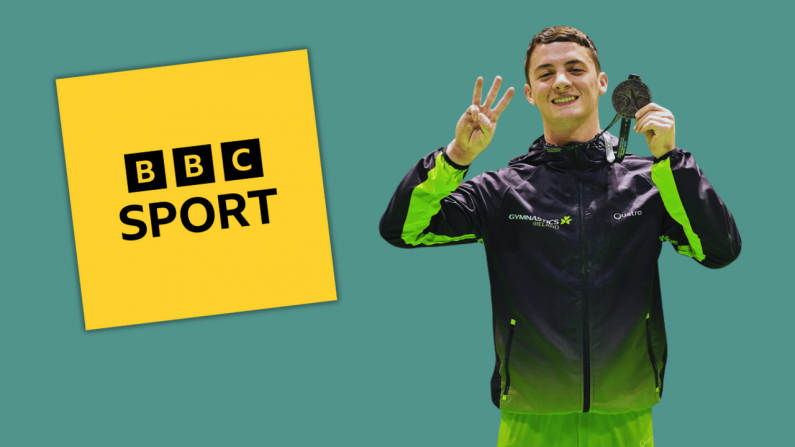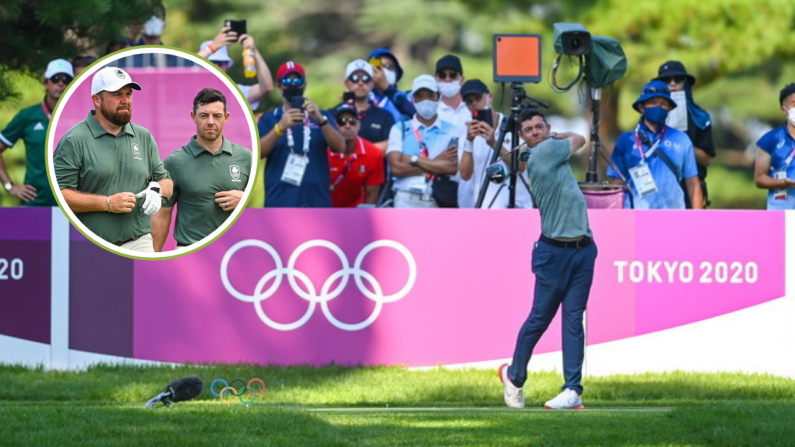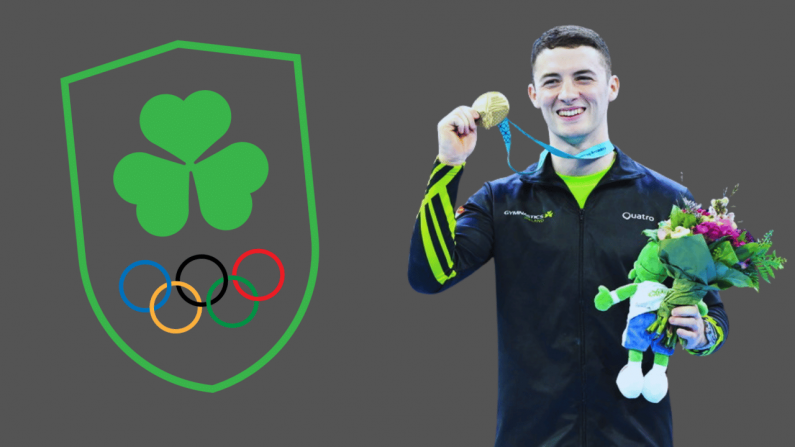The 1948 Olympics being held in London allowed Ireland to send competitors in more sports than ever before. Among those sports with their first Irish competitors included basketball, fencing, equestrianism, sailing and rowing.
The men's eight (women's rowing wasn't added to the Olympics until 1976) coxed by Denis Sugrue finished 20 seconds behind their nearest boat in the heat. They were 23 seconds behind Norway in the repechage and Ireland would never again enter a team in the Men's eight.
In fact we didn't enter any rowers until Sean Drea entered the single sculls at the Munich Games in 1972. Drea won the B final to finish 7th overall. He continued to improve and won silver at the 1975 World Championships.

At the Montreal games Drea sculled a new world record to win his semi final but faltered slightly in the final and finished fourth. He became a household name in Ireland though as seen by his name popping up in Father Ted.
He wasn't the only Irish rower in Montreal though with both coxed fours and coxless fours entering. The coxed fours had a great regatta winning the B race for 7th overall. The coxless four finished 5th in the final repechage for 13th overall.
The 1980 Moscow Olympics saw more history with Frances Cryan becoming the first women to compete in rowing at the Olympics for Ireland. She just missed out on the final and finished overall.
In 2018 readers of the Leitrim Observer voted her performances in 1980 as the greatest sporting moment in Leitrim's history. In a boycott-related weaker than usual field, Ireland finished 7th in the coxless pairs and 11th in both the coxed pairs and coxed fours.
For budgetary reasons, no Irish rowers went to LA in 1984 but we did send a coxed pair to Seoul in 1988 where we ranked last of the 14 crews. It was Pat McDonough's second Olympics and he would go on to compete at Bobsleigh in the 1992 Winter Olympics.
Niall O'Toole won Ireland's first ever gold medal at the World Championships in 2001 when he won the Lightweight Single Sculls. It was a groundbreaking moment for Irish rowing but as there were no lightweight races at the Olympics he was forced to compete with men much, much bigger than himself. He finished 21st at the Barcelona Olympics as our sole representative in the single sculls.
Lightweight events were added for Atlanta in 1996 and the fortunes of Irish rowers in the Olympics picked up significantly. O'Toole and his partner Brendan Dolan in the lightweight double finished 21st but it was the Lightweight Four that nearly won Ireland's first ever rowing medal. The crew of Derek Holland, Sam Lynch, Neville Maxwell and Tony O'Connor finished in 4th place, just over a second behind the bronze winning US team.
Between Atlanta and Sydney in 2000, Maxwell and O'Connor won several world medals in the non-Olympic lightweight pairs class. Lynch became our lightweight single sculler eventually become world champion twice. Only Maxwell returned to lightweight four for Sydney but the results were as impressive and they finished 11th.
Athens 2004 promised much more.
Sam Lynch and Gearoid Towey had won silver in the 2003 world championship in the lightweight doubles. Having won their opening heat, talk of a medal heated up but a poor row in the semi saw them miss out and they ended the regatta in 7th. The lightweight fours had a better regatta and while never looking likely to win a medal, the team of Niall O'Toole, Paul Griffin, Eugene Coakley and Richard Archibald made the final and finished 6th.

The light weight fours went to Beijing after a string of impressive results including medals at the 2005 and 2006 world championships but after finishing 4th in their semi and the B final, they ended up in 10th overall. It was somewhat they end of an era as between 1996 and 2006, Ireland won 12 medals at the world championships at lightweight men's events but we couldn't crack that Olympic podium.
We were set to be without any rowing representative at the London before a former Latvian rower living in Cork called Sanita Puspure was cleared to race and she qualified at the 'last chance saloon' regatta in the women's single sculls. She was the first woman rower since 1980 and the first true heavyweight rower since 1988. She ranked 13th by winning the C final.
After being away from elite sport for so long, Puspure developed late and qualified for Rio with relative ease. She was the victim of some crazy winds in her quarter final and once again had to settle for 13th. She wasn't the only boat in Rio though.
The first ever women's lightweight double of Claire Lambe and Sinead Lynch (née Jennings) made the final and finished 6th. It was a nice way for Lynch to end her long and spectacular career just before her 40th birthday. She first won a world medal in 2000 in the lightweight single and a year later became our first ever women's world champion.
After a gap of 12 years Ireland had qualified a boat in the lightweight double sculls. The O'Donovan brothers, Paul and Gary, earned their spot with an 11th place finish at the 2015 World Championships.
That 2015 season was their first season as a crew. As the 2016 Games approached, they won gold at the European championships to put the rest of the race on notice that this Irish team was a medal contender. By the time their final came around they were internet sensations with the world marvelling at their with (and their west Cork accents). They weren't all talk though producing a stunning finish to push the winning French crew all the way and win Irish rowing's first ever Olympic medal; a silver.
Sunita Puspure was back for Tokyo but this time she had brought some friends. After only ever sending single scullers in the heavyweight women's categories, Ireland sent 3 such boats to the delayed Tokyo games. Puspure complained of illness after a semi final defeat and didn't race the B final to rank 12th overall.
As World Champion in 2018 & 2019, she was perhaps most effected by the pandemic but her role in revitalising Irish rowing cannot be overstated. The women's pair of Aileen Crowley and Monika Dukarska finished 11th overall but the outstanding women's crew was the Fours. Aifric Keogh, Eimear Lambe, Fiona Murtagh and Emily Hegarty produced a sprint finish to overtake GB and earn a brilliant bronze medal. A first medal for women's rowing.
The women's lightweight double boat returned for a second games but with a brand new crew of Aoife Casey and Margaret Cremen. Having snagged the last ppossible qualifying spot, the young crew performed well in Tokyo and ranked 8th overall. They're ones to watch for Paris 2024
Paul O'Donovan continued to dominate lightweight rowing after Rio and for Tokyo Fintan McCarthy had replaced his brother Gary in the powerhouse Irish lightweight double. They entered the games as red hot favourites and didn't disappoint.
On the morning of 29 July, the lightweight double sculls of O'Donovan and McCarthy stormed to victory to win Ireland's first ever gold medal at the Olympics.

In the space of two games, Ireland had gone from zero Olympic medals to having the full set of gold silver and bronze. Let's hope the future is as bright.

